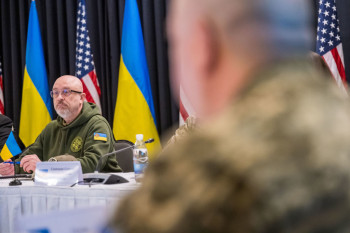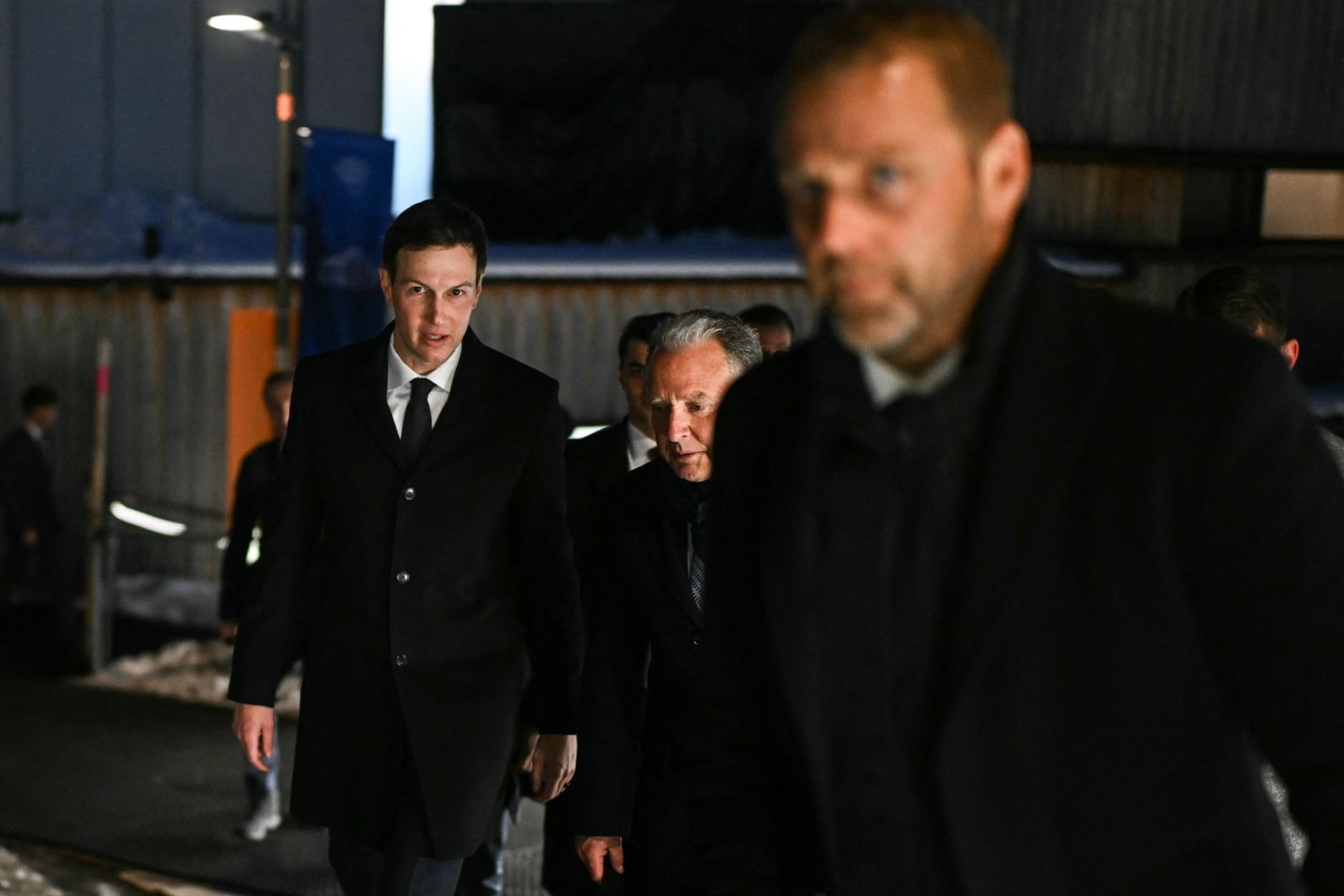Baltic countries' foreign ministers call on Germany to immediately deliver Leopard tanks to Ukraine
Latvian Foreign Minister Edgars Rinkevics called on Germany to “provide Leopard tanks to Ukraine now” on Jan. 21 on behalf of Lithuanian and Estonian foreign ministers.
"This is needed to stop Russian aggression, help Ukraine and restore peace in Europe quickly," Rinkevics wrote on Twitter. “Germany, as the leading European power, has a special responsibility in this regard.”
Fighting off pressure from allies, Berlin dodged the decision to provide the long-anticipated Leopard 2 tanks to Ukraine on Jan. 20.
“I’m very sure there will be a decision in the short term, but I don’t know how the decision will look,” German Defense Minister Boris Pistorius told reporters at the U.S. Ramstein Air Base in southwestern Germany.
Pistorius said that Berlin could move “straight away” if it decides to supply Leopards to Ukraine, as he has already asked his ministry to look into Germany’s Leopard tank stocks.
On Jan. 20, defense ministers from some 50 countries met at the U.S. Ramstein Air Base in Germany to discuss further support for Ukraine. This was the eighth Ramstein summit since Russia launched its full-scale invasion of Ukraine on Feb. 24.
The international meeting came amid Kyiv’s frustration with the long-standing dissent over tanks for Ukraine as the full-scale invasion reaches the 11-month mark.
President Volodymyr Zelensky made direct pleas for tanks in his address to the meeting, saying that “hundreds of thank you are not hundreds of tanks.”
Western tanks, particularly the powerful German-made Leopards, would give Ukraine a significant equipment advantage over Russia, which relies on old Soviet stock, amid threats of a renewed large-scale offensive.










